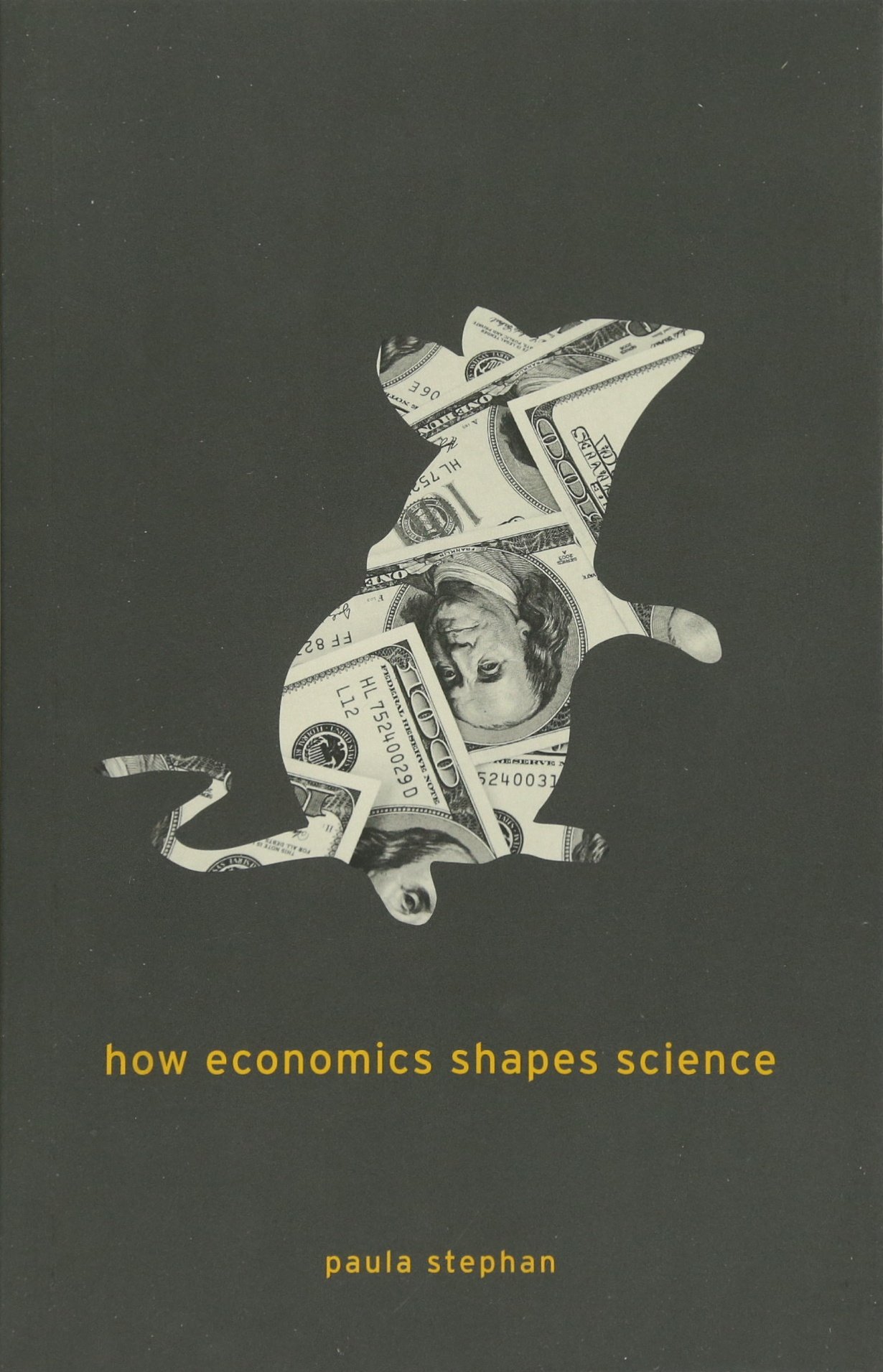The research of Paula Stephan covers the economic decisions made by US science research institutions[1]. Her hypothesis is that academia maximizes PhD student numbers while the number of tenure-track faculty positions decline. This presents an untenable situation in the long term, where a flood of researchers with PhDs will be unable to find permanent employment, and yet the demand for cheap labor filled by PhD students intensifies.
As you can imagine, this type of trend can be terrifying to some PhD students, despite the "freedom" that their research allows. A lack of job security makes one question their salary as an extension of their worth.
[1] Her latest book is an exhaustive look at the subject: http://www.amazon.com/Economics-Shapes-Science-Paula-Stephan...
(The bottom line is that the money goes to administration costs as mentioned, leading institutions to expand to stay relevant, thus building more buildings and hiring more PIs with full expectation for them to be funded via grants. Meanwhile, the average researcher's earnings are mostly unchanged.)
[1]http://www.amazon.com/Economics-Shapes-Science-Paula-Stephan...


How Economics Shapes Science https://www.amazon.com/Economics-Shapes-Science-Paula-Stepha...
It looks into key challenges of the scientific labor market.